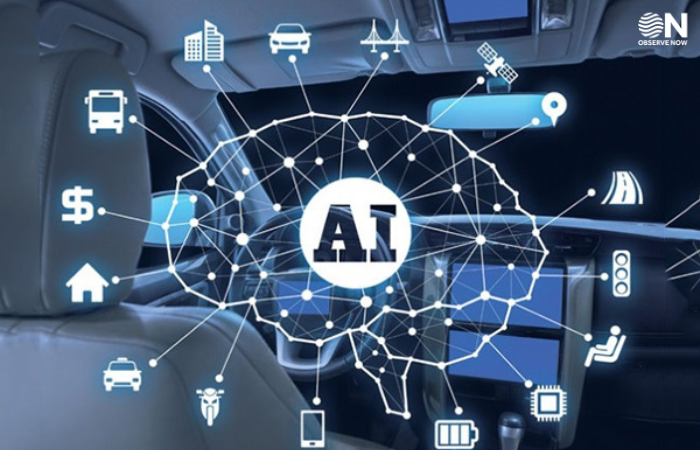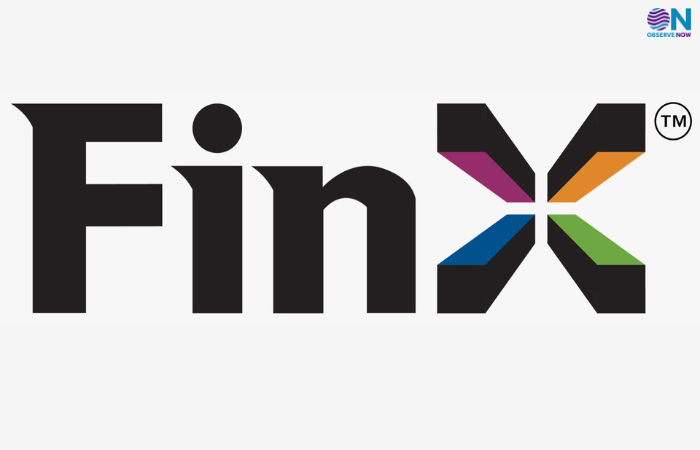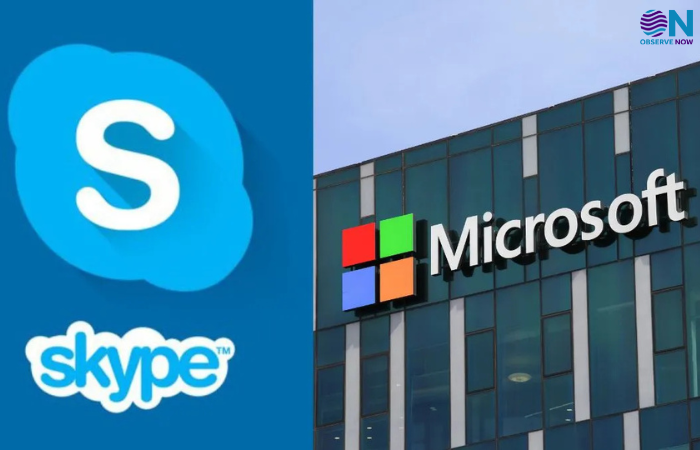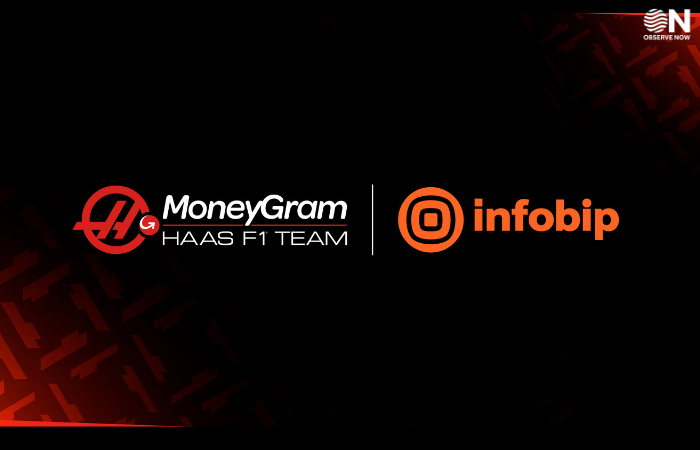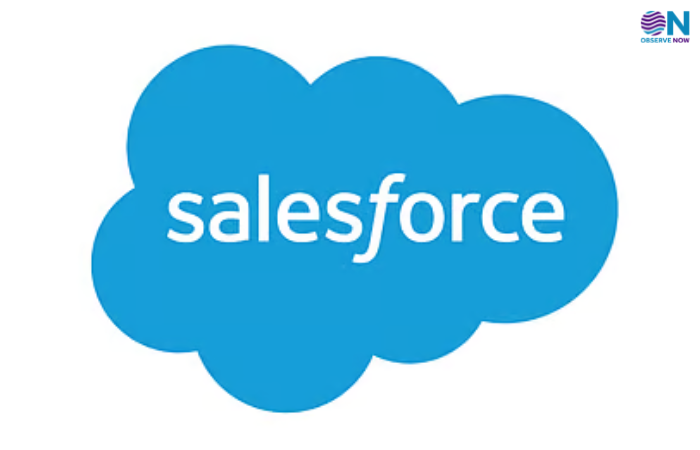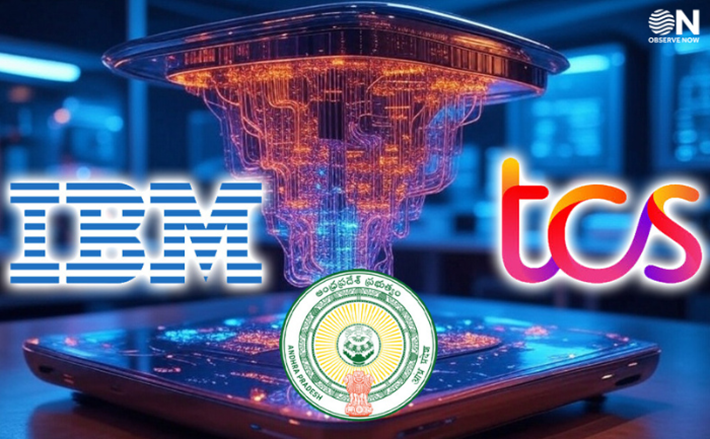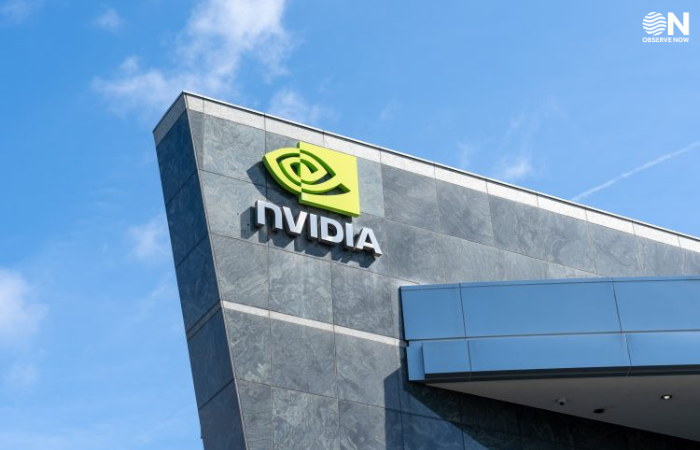Agentic AI Drives Shift in Enterprise Software Pricing Models
The integration of agentic artificial intelligence is prompting a significant transformation in the pricing structures of Indian Software-as-a-Service (SaaS) and enterprise software companies. Traditionally reliant on per-user billing, these firms are now exploring consumption- and outcome-based models to align with the capabilities of AI-driven automation.
Monish Darda, cofounder and chief technology officer at Icertis, emphasized that the focus is transitioning from the number of users to the number of AI agents and workflows. Consequently, consumption and outcome-based pricing models are gaining traction. Shobhit Jain, managing director at Avendus Capital, observed that for many companies, 40-50% of operations have shifted from per-user models to these new pricing strategies.
In response to the growing demand for generative AI (GenAI) services, some firms are implementing premium pricing. Venk Krishnan, CEO of NuWare and managing partner at NuVentures, mentioned that their AI services now command a 20-25% premium. He explained that the increased costs are due to the need for domain experts in AI and large language models. However, Krishnan cautioned that as technology evolves rapidly, customer expectations may shift, potentially affecting the sustainability of such premiums.
UiPath, a company specializing in robotic process automation, has introduced an “AI unit” pricing model. Under this system, customers are charged based on the number of LLM model calls they make, with options to purchase bundled units, such as a million AI units. Despite the advantages of consumption-based pricing, some enterprises express concerns over budget predictability. Darda noted that while per-user pricing offers clarity, consumption-based models can introduce uncertainty. To address this, Icertis offers bundled services, providing a set number of API calls with provisions to adjust in subsequent periods if usage exceeds the initial allocation.
Krish Subramanian, co-founder and CEO of ChargeBee, acknowledged the challenges associated with consumption-based pricing. He emphasized the importance of balancing flexibility with predictability to meet diverse customer needs.
As agentic AI continues to reshape enterprise operations, companies are navigating the complexities of evolving pricing models to accommodate technological advancements while addressing client expectations.


